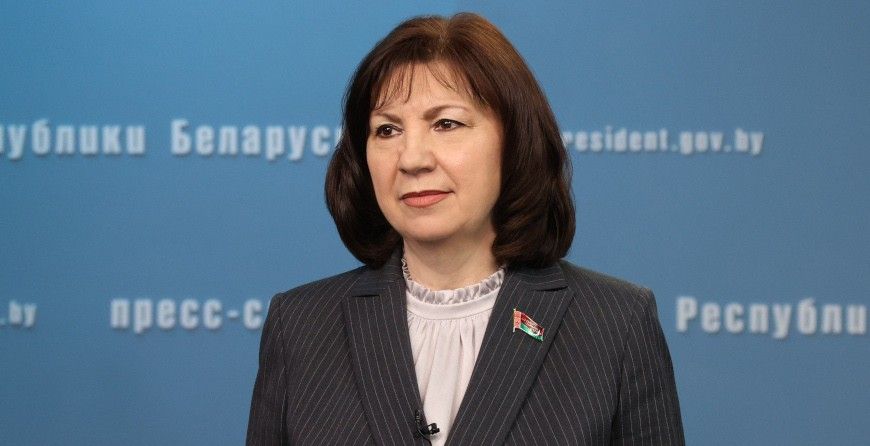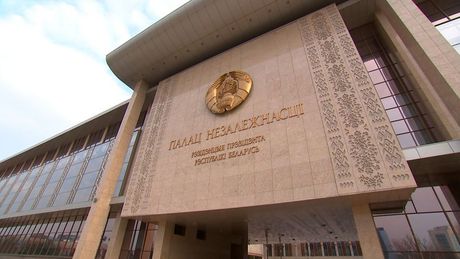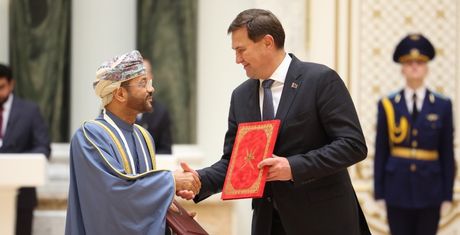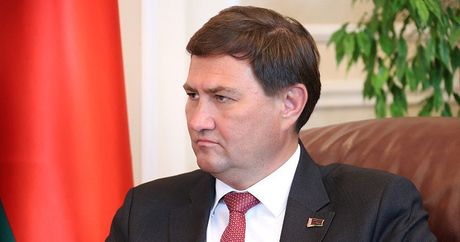Decent people wanted for Belarusian parliament’s upper chamber
17:20, 7 March

Photo: BELTA
Decent people, who understand the tasks the country faces, have to work in the new composition of the Council of the Republic of the National Assembly of Belarus. Chairwoman of the Council of the Republic of the National Assembly of Belarus Natalya Kochanova made the statement after meeting with Belarus President Aleksandr Lukashenko on 7 March, BelTA has learned.
- Share on Facebook
- Share on VK
- Share on Twitter
According to the speaker of the upper chamber of the parliament, Natalya Kochanova and Aleksandr Lukashenko discussed matters concerning the formation of the new composition of the parliament and the tasks it will have to accomplish. Individual results achieved by the current composition were also mentioned as well as what other bills have yet to be passed and what needs to be done before the term of office of the current senators expires. In line with the legislation candidates for the Council of the Republic will be nominated on 12-21 March while the actual elections will take place on 4 April 2024.
Natalya Kochanova said: “We hope that sufficiently professional and competent representatives will be nominated and will represent with honor and dignity every region in the territorial representation chamber the Council of the Republic is. Decent people, who know how to work with people and who understand the overall tasks the country faces, have to work in the Council of the Republic. We hope that this stage of the election campaign of our country will proceed as smoothly [as the latest elections to the House of Representatives of the National Assembly and members of municipal councils of deputies].”
Speaking about the work of the current convocation, Natalya Kochanova pointed out that the senators had done a lot while focusing on work in the regions and communication with people on the ground. “Over the course of our work we’ve received over 30,000 appeals and queries. We’ve held a lot of hotlines and personal receptions. More than 8,000 meetings with worker collectives and with people in their place of residence,” she recalled.






